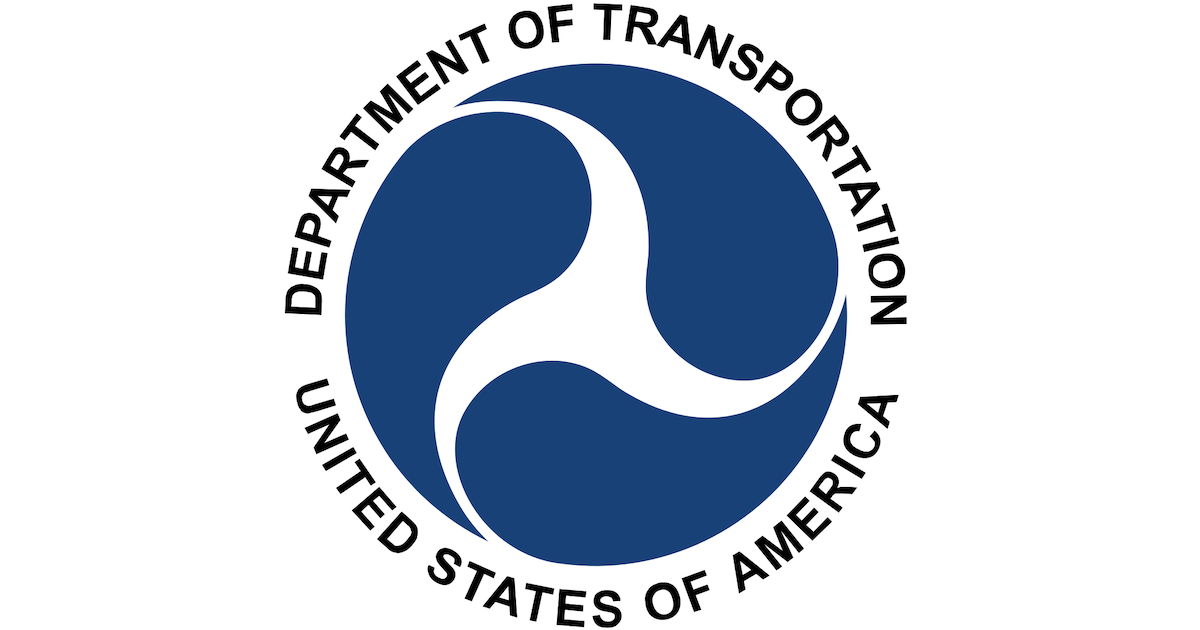Federal funding of $111.8 Million will help Kentucky reduce carbon dioxide emissions
Published 12:53 pm Thursday, May 12, 2022
The U.S. Department of Transportation’s Federal Highway Administration announced a new program that unlocks $6.4 billion in formula funding for states and localities over five years.
The new Carbon Reduction Program (CRP), created under the President’s Bipartisan Infrastructure Law, will help states develop state carbon reduction strategies and address the climate crisis facing our nation. States can use the funds in CRP to expand transportation options for American families that can help save them save money on gas.
Under the Carbon Reduction Program, Kentucky will receive $21.5 million in Fiscal Year 2022 funding and is eligible to receive up to $111.8 million over five years to reduce transportation emissions through the development of state carbon reduction strategies and by funding projects designed to reduce carbon dioxide emissions from on-road highway sources.
“As the sector generating the most carbon emissions in the U.S. economy, transportation must play a leading role in solving the climate crisis,” said U.S. Transportation Secretary Pete Buttigieg. “The Carbon Reduction Program will help reduce pollution from transportation and move us closer to the President’s ambitious goal of cutting emissions in half by 2030.”
The Carbon Reduction Program will fund a wide range of projects designed to reduce carbon dioxide emissions from on-road highway sources — from installing infrastructure to support the electrification of freight vehicles or personal cars, to constructing Bus Rapid Transit corridors, to facilitating micro-mobility and biking.
Under the CRP, states must also develop carbon reduction strategies in consultation with Metropolitan Planning Organizations to identify projects and strategies tailored to reduce carbon dioxide emissions in their states, although states and localities may begin using the CRP funds even before plans are developed and reviewed.
“This new program provides states and local agencies in both urban and rural areas the flexibility and funding needed to reduce emissions and build a more sustainable transportation network that will benefit all travelers,” said Deputy Federal Highway Administrator Stephanie Pollack. “The Bipartisan Infrastructure Law makes transformative investments in our nation’s transportation infrastructure, and this is one of the key programs that will help address the climate crisis.”
Eligible projects include on- and off-road trail facilities for pedestrians, bicyclists and other nonmotorized forms of transportation and projects that support the deployment of alternative fuel vehicles. These types of projects, which are determined at the state and local level but could be supported with federal funding, include zero emission vehicles and facilities, projects that support congestion pricing and travel demand strategies; truck stop and port electrification systems to reduce the environmental impacts of freight movement and carbon dioxide emissions at port facilities; and public transportation projects such as the construction of bus rapid transit corridors or dedicated bus lanes. Micro-mobility and electric bike projects, including charging infrastructure, may also be eligible.
FHWA previously announced state-by-state totals, which included funding for the CRP. In total, the U.S. Department of Transportation has sent $52.5 billion to states for Fiscal Year 2022 for Federal-aid Highway Program apportionments, which is determined by a formula set by Congress.
For more information about the new Carbon Reduction Program and guidance released today, please visit FHWA’s web site and fact sheet. The five-year funding table for total estimated CRP state-by-state funding for Fiscal Years 2022-2026 is available here.







